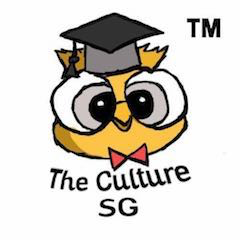‘Unlike the Arts, such as writing or music, Mathematics lacks the capacity for creativity.’ How far do you agree with this statement?
Agree:
Arts allows individuals the space to explore and create possibilities based on their own imaginations. Multiple viewpoints can congregate and amalgamate to form new ones. Arts is often seen to be the foundation of creativity. For instance, the composing of a music piece is unique to each musician and is very much dependent on their moods and creative feel. On the other hand, Mathematics is seen to be rigid and consistent. For instance, certain concepts behind engineering or architecture are fixed/cast in stone. Buildings depend on the consistency of mathematics reasoning and logic.
Arts is often tied to the human experience, and this gives individuals the chance to express their emotions and feelings. Often, the most creative art works are formulated during these period of times. The greatest artworks are created during political turmoil such as the French Revolution in order to reflect the emotions of the artists and the society at large.
Disagree:
Some may argue that Mathematics provide the framework for creativity to occur and that some mathematics concepts have led to creativity in the real world. For instance, the golden ratio concept has been applied to many great architecture works in the world. It has even been applied in the arts, nature and photography.
Every discipline makes use of Mathematics as a means to give tangible form to the unknown. Mathematics, like Arts, could be seen to be a form of expression as well. The construction of arguments and evaluation of logical concepts demands inventiveness and original viewpoints, suggesting a capacity for creativity.
It is pointless to argue whether the Arts or Mathematics bring about greater creativity. In fact, they often go hand in hand. Music is one example of this. Musical scales are expressed in numerical ratios, and harmonics can be expressed in mathematical relationships. We must understand that Arts and Mathematics seek to express our understanding of the world. They are different disciplines deeply intertwined at their roots that are able to yield fresh insights.
